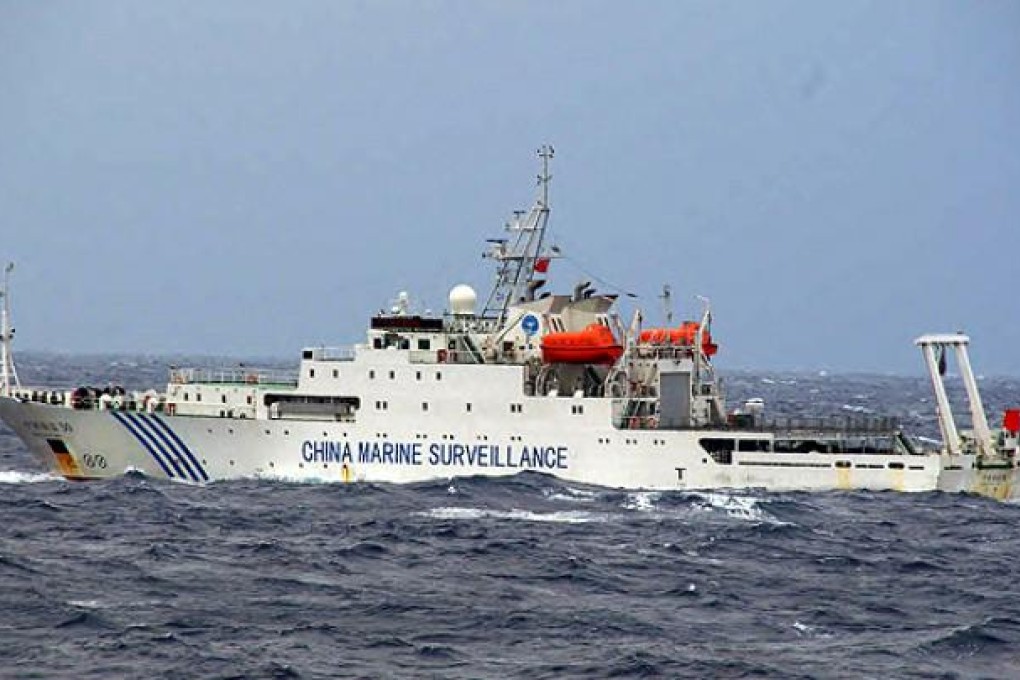China slams US-Japan treaty on Diaoyus
China on Monday branded a US-Japan security treaty “a product of the cold war” after the US reaffirmed its commitment to Japan in its territorial dispute with China over the Diaoyus.

China on Monday branded a US-Japan security treaty “a product of the cold war” after Washington reaffirmed its commitment to Japan in its territorial dispute with China over the Senkaku Islands, known in Chinese as the Diaoyus.
The amendment, attached to the National Defence Authorisation Bill, noted that while the United States “takes no position” on the ultimate sovereignty of the territory, it “acknowledges the administration of Japan over the Senkaku Islands”.
It added that “unilateral actions of a third party” would not affect its position.
The legislation passed last week reaffirmed the US commitment to Japan under the Treaty of Mutual Co-operation and Security and warned that an armed attack against either party “in the territories under the administration of Japan” would be met in accordance with its provisions.
“The Chinese side expresses serious concern and firm opposition to the US Senates’s amendment to the National Defence Authorisation Act,” foreign ministry spokesman Hong Lei told reporters.
“The Diaoyu islands and affiliated islands have been China’s inherent territory since ancient times. China has indisputable sovereignty over them.”